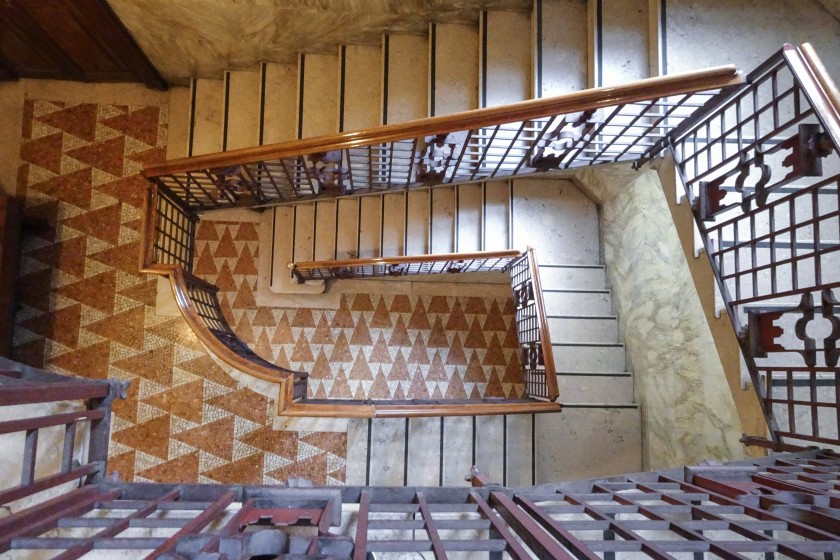In regard to a rent contract, tenants and landlords have both their duties and rights.
Read here the Landlord rights, while here below the tenant's rights:
The tenant has the right to have the property delivered in good condition by the landlord.
Furthermore, the tenant has the right to require from the landlord to keep the place in a state that is suitable for the use agreed by the two parties for all the term of the contract.
Unless otherwise agreed between the parties, the tenant is only responsible for “ordinary’ maintenance of the apartment: “ordinary maintenance” consists of minor repairs aimed at keeping the systems or parts of the property efficient. For example, repair of the boiler or periodic servicing and repair of the electric shutters or of the washing machine.
Always unless otherwise agreed between the parties, the agreement provides that extraordinary maintenance is entirely the responsibility of the landlord (e.g., replacement of an old boiler and of the roller for electric shutters or replacement of the washing machine).
If the repairs are urgent, the renter will be able to proceed directly, subject to reimbursement (however, remembering to notify the lessor if the repairs were up to him).
The law also protects the tenant against defects, providing that if the leased property is affected by defects that appreciably decrease the suitability for the agreed use, the tenant will have the right to request the termination of the contract or a reduction in the rent , except in the case of defects of which he was aware or could have been from the beginning. The tenant will also have the right to receive compensation from the lessor for the damage caused by the defects unless the lessor proves that at the time of delivery he ignored its presence without fault.
The tenant will be entitled to compensation, even in the presence of a pact that excludes or limits the liability of the lessor, if the lessor has hidden his presence in bad faith or if the defects are such as to make it impossible to enjoy the thing.
However, if the defects are harmful to health, the tenant has the right to terminate the agreement even if the defects were already known to him.
Another reason why you should never sign a contract different from the residential one.
The tenant has the right that the lessor does not make innovations on the property that reduce the enjoyment of it.
If, on the other hand, the enjoyment is reduced due to urgent repairs, that cannot be postponed until the contract expires, the tenant is required to tolerate them, even if this entails the deprivation of the enjoyment of a part of the rented property; but if these repairs have a duration that exceeds the sixth of the duration of the contract or, in any case, twenty days, the tenant has the right to a reduction in the rent, proportionate to the entire duration of the repairs and the extent of the non-enjoyment.
Finally, if the repairs make that part of the thing necessary for the accommodation of the tenant and his family uninhabitable, the latter has the right to request the termination of the contract.
If the tenant makes additions (such as Venetian blinds and curtains) on his/her behalf, he/she has the right to remove them at the end of the contract, provided that this occurs without damage for the leased asset, unless the lessor prefers that they remain and is willing to pay an indemnity.
The law allows the tenant to terminate the agreement for serious reasons, but the parties can provide for termination in the absence of serious reasons: the inclusion of this term is advisable for students, considering any risks associated with their performance in university exams or any possible change of university premises.
In this regard, any agreement stipulated in the Municipality of Milan provides that, regardless of the existence of serious reasons, the tenant is allowed to terminate the agreement, giving a two-month written notice by registered letter with return receipt or certified e-mail (PEC) to the landlord, when studies are interrupted before expiry of the contract.
The tenant can take part in the condo assembly and in some cases has the right to vote, instead of the owner, in the resolutions of the condominium assembly.

 Log in
Log in
